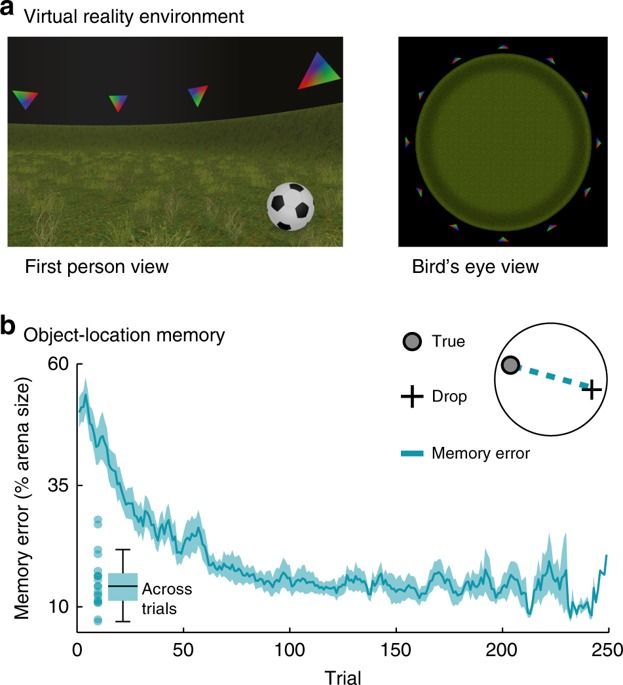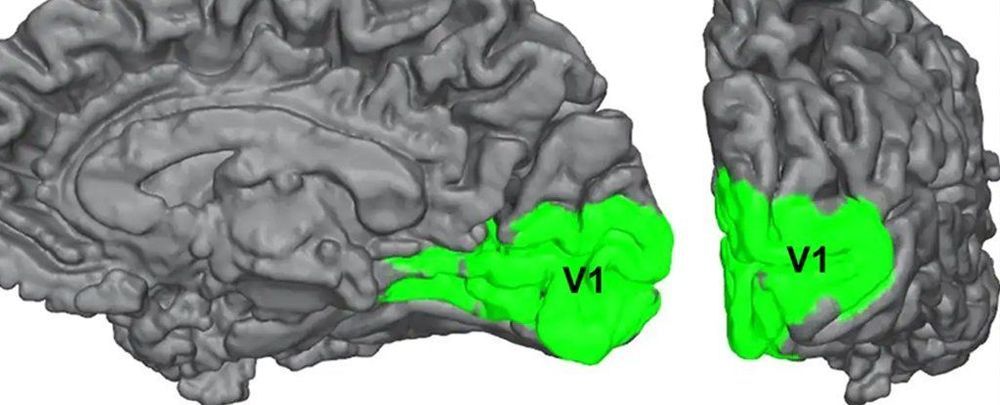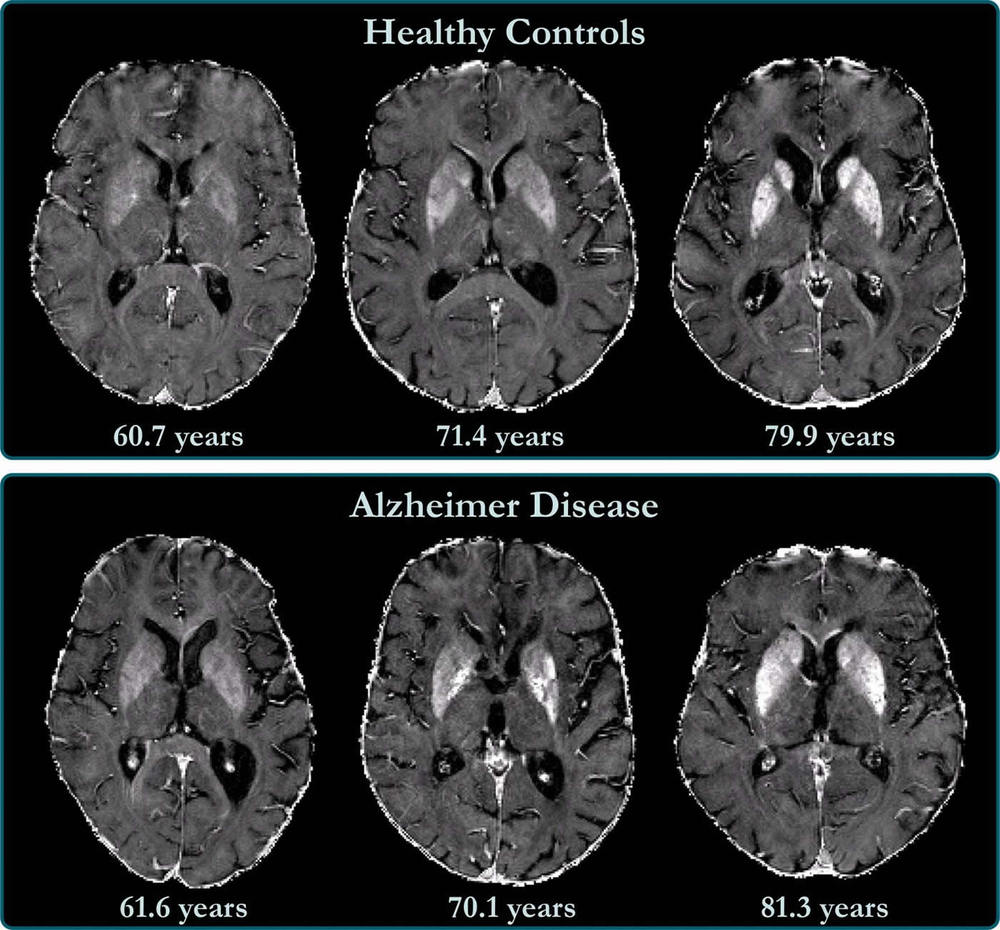Having hypertension in midlife (ages 40 through 60) is associated with elevated risk of cognitive impairment and Alzheimer’s dementia later in life, even more so than having the so-called Alzheimer’s gene.
“It is clear that cerebral vascular disease”—that is, hardening of the arteries inside our brain—“and cognitive decline travel hand in hand,” something I’ve addressed before. “However, the independent association of AD [Alzheimer’s disease] with multiple AVD [atherosclerotic vascular disease] risk factors suggests that cholesterol is not the sole culprit in dementia.”
As I discuss in my video Higher Blood Pressure May Lead to Brain Shrinkage, one of the most consistent findings is that elevated levels of blood pressure in midlife, ages 40 through 60, is associated with elevated risk of cognitive impairment and Alzheimer’s dementia later in life—in fact, even more so than having the so-called Alzheimer’s gene.









